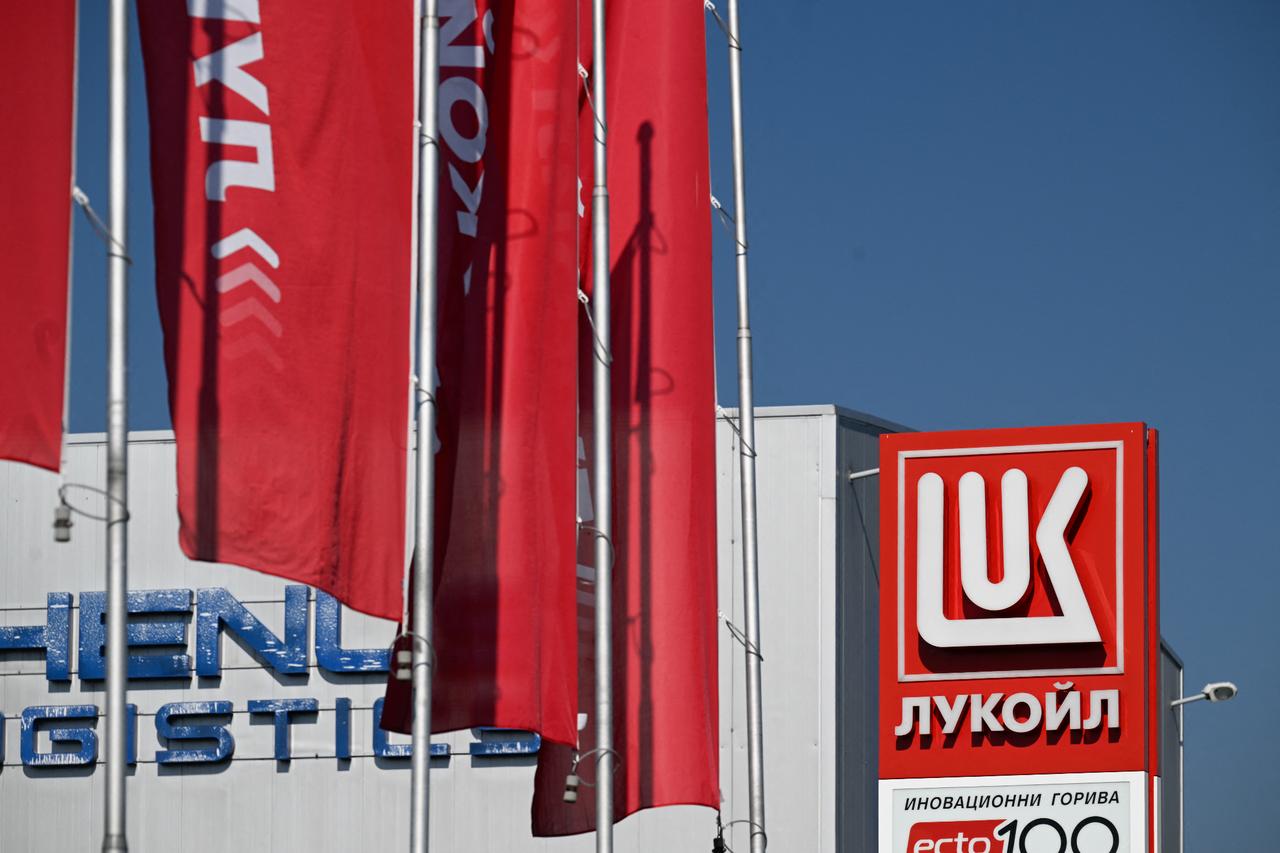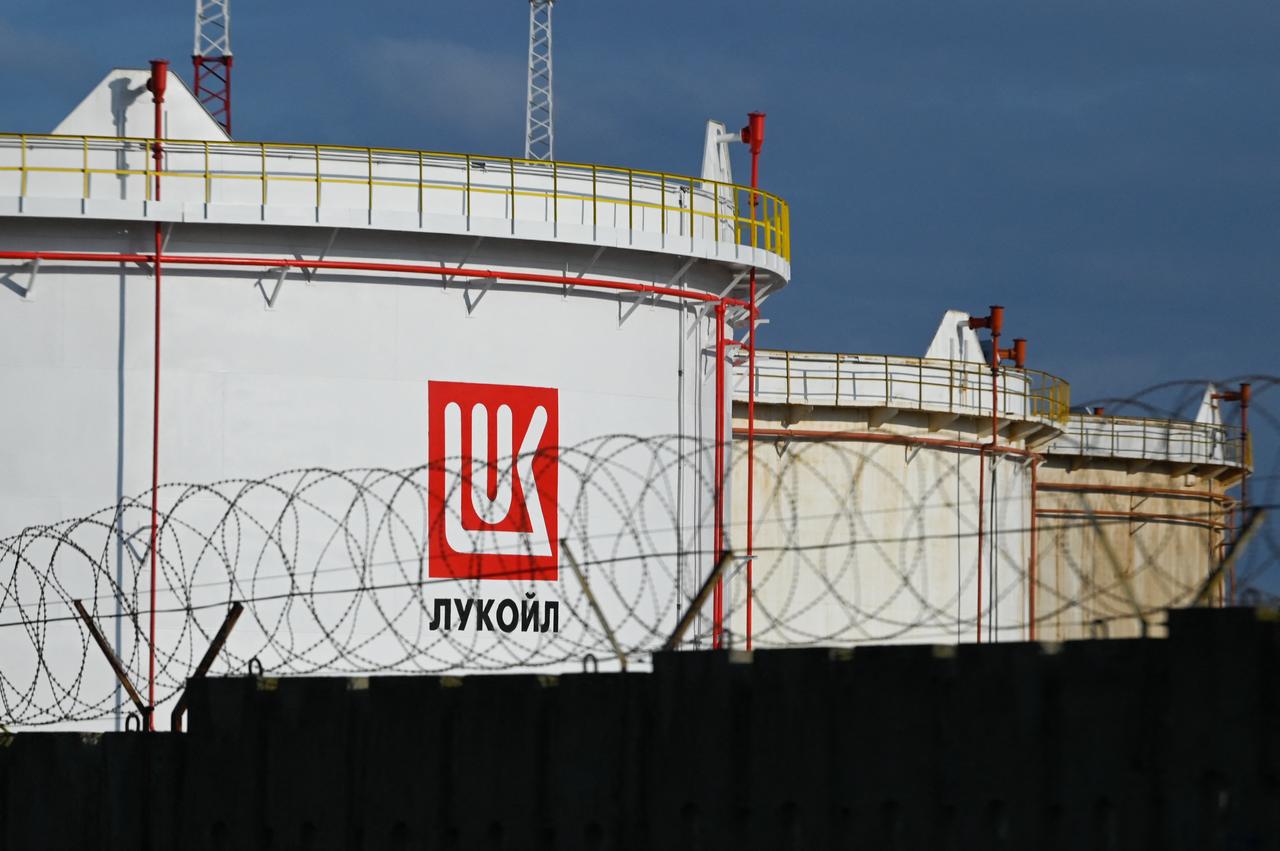
Bulgaria’s Parliament passed legislation Friday expanding state powers over the operations of Russian oil giant Lukoil, aiming to protect the country’s fuel supply in light of upcoming U.S. sanctions.
Lawmakers adopted legal amendments allowing the government to appoint a special commercial administrator to oversee Lukoil’s Neftochim refinery in the Black Sea city of Burgas, the largest oil refinery in the Balkans and the country’s largest company.
The United States last month sanctioned Russia’s two biggest oil producers—Rosneft and Lukoil—over Moscow’s war in Ukraine. The U.S. sanctions are set to take effect Nov. 21 and, according to Bulgaria’s ruling coalition, would “effectively lead to the shutdown of the refinery's operations... due to the refusal of all counterparties to make payments to companies belonging to Lukoil,” the draft legislation stated.
The legislation amends the Act on Administrative Regulation of Economic Activities Associated with Oil and Petroleum Products. It grants a special commercial administrator authority to exercise shareholder voting rights and, with government approval, to sell the refinery’s shares to a new owner.
The law was fast-tracked through parliament and passed with the backing of lawmakers from the Movement for Rights and Freedoms–New Beginning, GERB-UDF, Is Such a People, and BSP–United Left parties. It cleared the Energy Committee in the morning and was moved to the full House for a same-day second reading, a motion proposed by MRF–New Beginning’s Stanislav Anastasov.

The nationalist Vazrazhdane party opposed the bill and offered its own amendments to remove certain provisions. Opposition lawmakers also criticized the legislation’s speed and the administrator’s authority to sell shares, warning it could expose Bulgaria to legal risks.
During the debate, lawmakers accused the bill’s sponsors of rushing the measure through and cautioned that allowing an appointed administrator to sell the refinery’s assets could lead to legal action by Lukoil.
Ruslan Stefanov, an expert on energy governance and security at the Center for the Study of Democracy, said the government’s move was a step in the right direction but carried legal and geopolitical risks.
“Leaving the possibility of nationalization open—even if the desire to assert more authority is understandable—it is very risky and could weaken the effect of the sanctions, allowing Lukoil to sue the Bulgarian state and obtain much higher compensation,” Stefanov told Agence France-Presse (AFP).
The amendments will take effect upon their promulgation in the State Gazette, according to reports.
Lukoil has owned the Neftochim refinery in Burgas since 1999. The company’s distribution unit holds a near-monopoly in Bulgaria, operating oil depots, petrol stations, and firms supplying ships and aircraft. It posted a turnover of about €4.7 billion ($5.4 billion) in 2024.
Fears that U.S. sanctions on Lukoil’s assets would lead to fuel shortages prompted the Bulgarian government to act quickly.
Last week, lawmakers also adopted temporary restrictions on petroleum exports—including to other European Union countries—to ensure domestic supply.
The export ban covers diesel, aviation fuel, and other petroleum products. Exceptions are permitted for refueling and reloading local or foreign vessels and aircraft, as well as for deliveries within the EU to NATO forces or the armed forces of any EU member state as part of the bloc’s common defense policy.